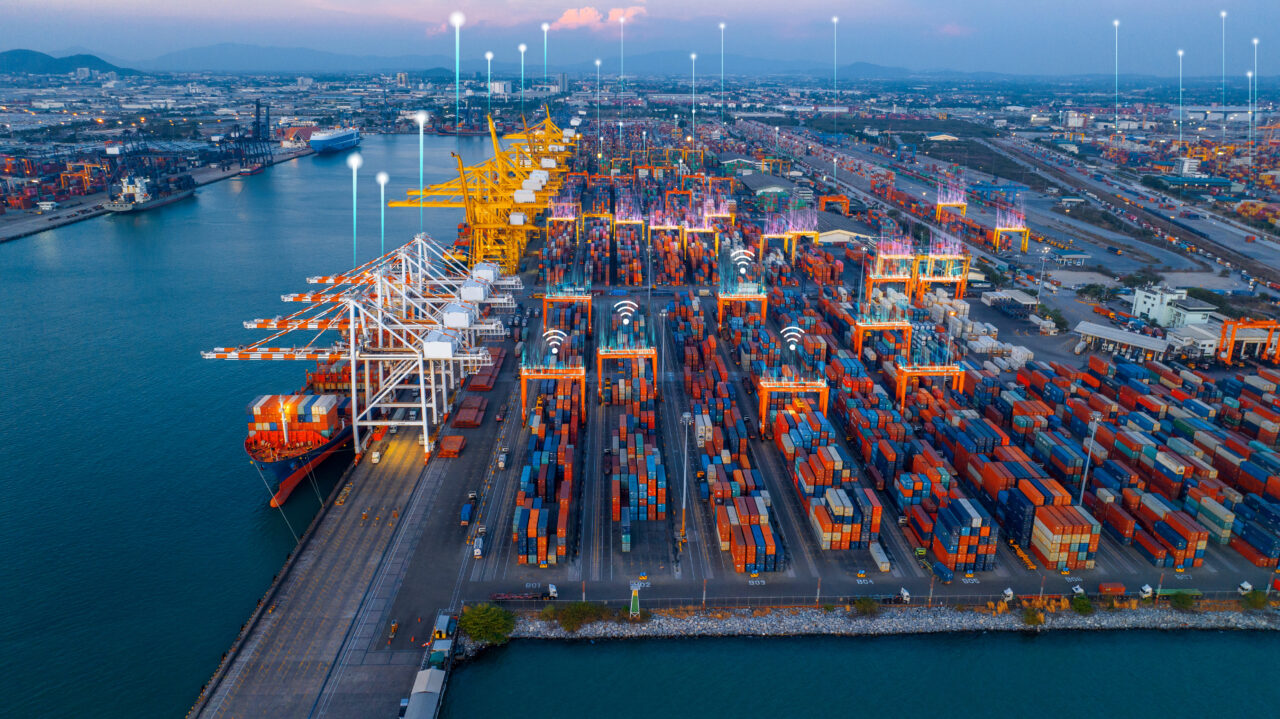Container Management ran an article in their December 2022 edition about the expansion of private 5G in ports around the globe. In it, they emphasized the benefits that come with new private network ramp-ups that are happening in industries that were once considered “off-grid”. While CM focused upon the innovations being done by Ericsson at the Port of Virginia as well as in Livorno, port technology has continued to catch on in the last several years since the edition was published.
RCR Wireless News looked into the development of smart ports. While they also noted that the list is much longer, it included ports like Tyne in the United Kingdom, the East-West Gate in Hungary, and Barcelona in Spain. Each of them have slightly different focuses that brought private wireless to the ports, but all of them share a desire to streamline connectivity and make things easier for operators. These are not the only benefits that private wireless offers these ports.
The Port of Long Beach began theirs in order to beef up security, according to Fierce Network. The capacity of the port has grown to nearly $200 billion annually, the port’s website says. The main draw was the Advanced Encryption Standard 256-bit security system. The AES 256-bit is the most secure and was originally adopted by the federal government. It is the most secure encryption algorithm and is used in highly regulated industries as well as by governmental organizations. It is easy to see why such a system was a draw for the port.
It is clear that private wireless continues to grow around the world, supported by companies like Huawei and Ericsson. Ports and port technology are just one facet of this expansion. As private 5G becomes more important in the everyday use of industry and business, knowledge and awareness of private wireless will grow. To find out more, visit locallte.com, or to view more examples, visit RCR Wireless News.


